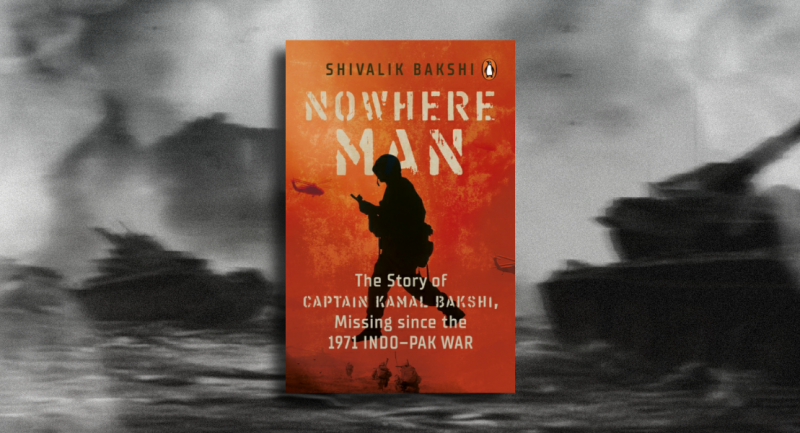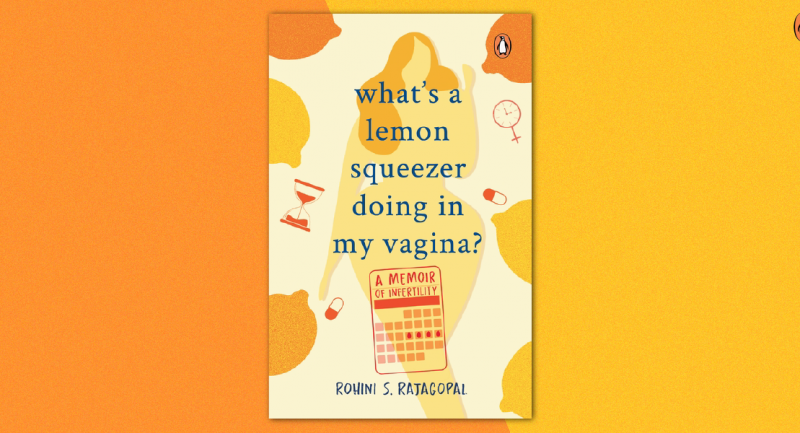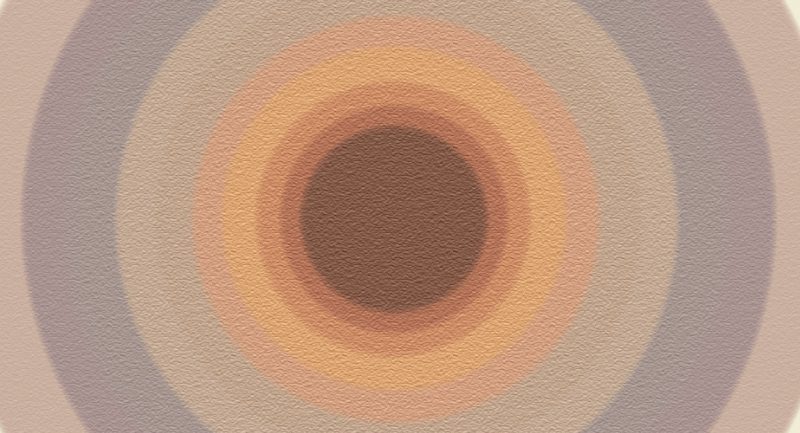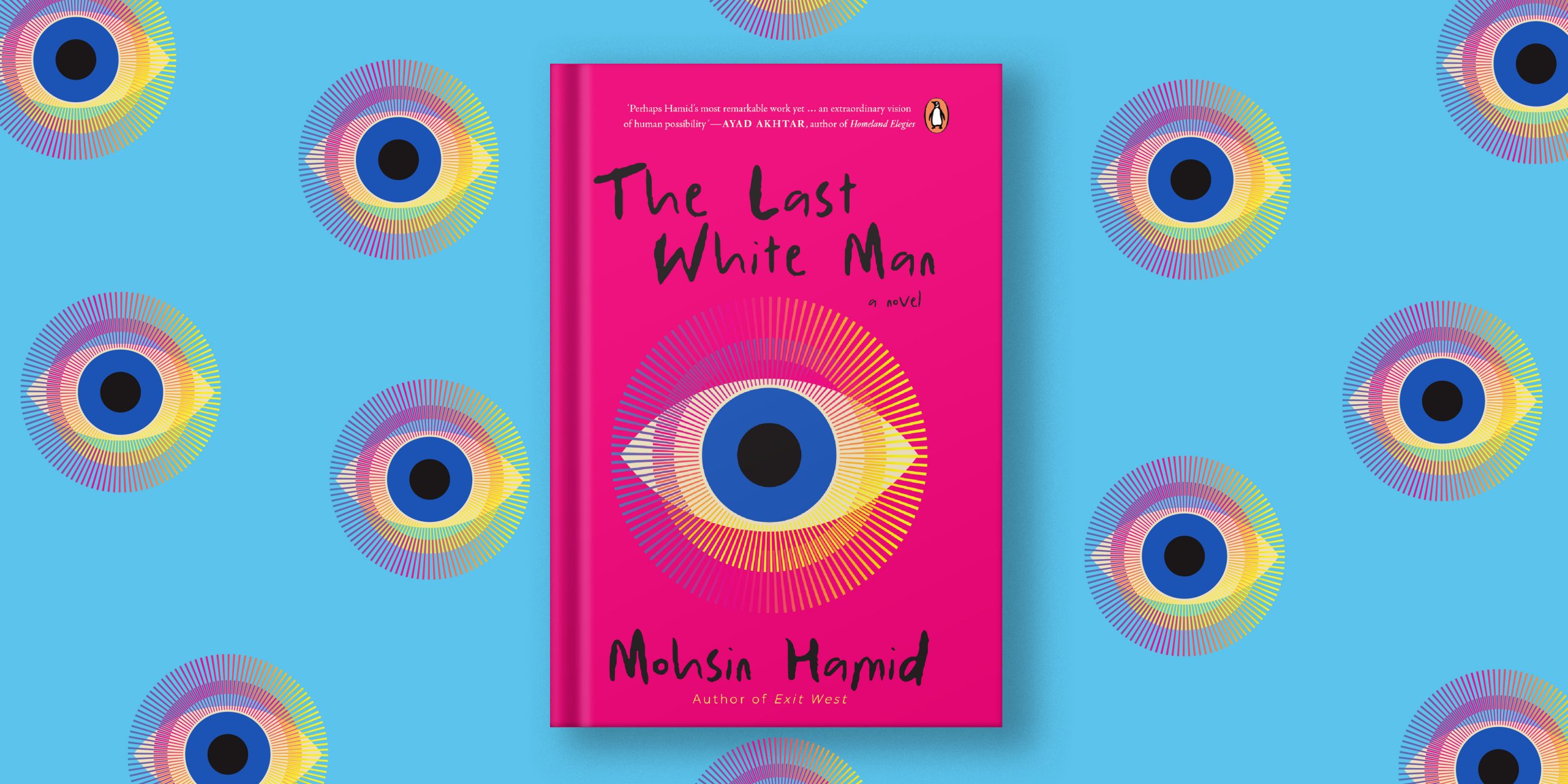
In the early twentieth century, a Bohemian writer called Franz Kafka released a strange story. The absurd but existentialist tale of a man who transforms into a huge insect is the reason we now have the term ‘Kafkaesque’. More than a century later, Pakistani author Mohsin Hamid, who last published Exit West has adapted the trope to suit contemporary anxieties about race and identity. His protagonist, a white man named Anders, wakes up in a darker skin colour. Soon, the world around him descends into chaos as more such transformations take place.
The following excerpt is the first chapter of The Last White Man. Get your copy from bookstores or Amazon.
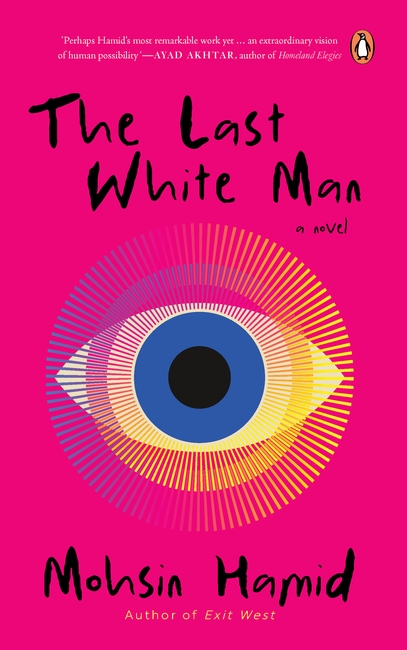
The Last White Man
Mohsin Hamid
*
One morning Anders, a white man, woke up to find he had turned a deep and undeniable brown. This dawned upon him gradually, and then suddenly, first as a sense as he reached for his phone that the early light was doing something strange to the color of his forearm, subsequently, and with a start, as a momentary conviction that there was somebody else in bed with him, male, darker, but this, terrifying though it was, was surely impossible, and he was reassured that the other moved as he moved, was in fact not a person, not a separate person, but was just him, Anders, causing a wave of relief, for if the idea that someone else was there was only imagined, then of course the notion that he had changed color was a trick too, an optical illusion, or a mental artifact, born in the slippery halfway place between dreams and wakefulness, except that by now he had his phone in his hands and he had reversed the camera, and he saw that the face looking back at him was not his at all.
Anders scrambled out of his bed and began to rush to his bathroom, but, calming himself, he forced his gait to slow, to become more deliberate, measured, and whether he did this to assert his control over the situation, to compel reality to return through sheer strength of mind, or because running would have frightened him more, made him forever into prey being pursued, he did not know.
The bathroom was shabbily but comfortingly familiar, the cracks in the tiles, the dirt in the grouting, the streak of dried toothpaste drip on the outside of the sink. The interior of the medicine cabinet was visible, the mirror door askew, and Anders raised his hand and swung his reflection into place before his eyes. It was not that of an Anders he recognized.
He was overtaken by emotion, not so much shock, or sorrow, though those things were there too, but above all the face replacing his filled him with anger, or rather, more than anger, an unexpected, murderous rage.
He wanted to kill the coloured man who confronted him here in his home, to extinguish the life animating this other’s body, to leave nothing standing but himself, as he was before, and he slammed the side of his fist into the face, cracking it slightly, and causing the whole fitting, cabinet, mirror, and all, to skew, like a painting after an earthquake has passed.
Anders stood, the pain in his hand muted by the intensity that had seized him, and he felt himself trembling, a vibration so faint as barely to be perceptible, but then stronger, like a dangerous winter chill, like freezing outdoors, unsheltered, and it drove him back to his bed, and under his sheets, and he lay there for a long while, hiding, willing this day, just begun, please, please, not to begin.
Anders waited for an undoing, an undoing that did not come, and the hours passed, and he realized that he had been robbed, that he was the victim of a crime, the horror of which only grew, a crime that had taken everything from him, that had taken him from him, for how could he say he was Anders now, be Anders now, with this other man staring him down, on his phone, in the mirror, and he tried not to keep checking, but every so often he would check again, and see the theft again, and when he was not checking there was no escaping the sight of his arms and his hands, dark, moreover frightening, for while they were under his control, there was no guarantee they would remain so, and he did not know if the idea of being throttled, which kept popping into his head like a bad memory, was something he feared or what he most wanted to do.
He attempted, with no appetite, to eat a sandwich, to be calmer, steadier, and he told himself that it would be all right, although he was unconvinced.
He wanted to believe that somehow he would change back, or be fixed, but already he doubted, and did not believe, and when he questioned whether it was entirely in his imagination, and tested this by taking a picture and placing it in a digital album, the algorithm that had, in the past, unfailingly suggested his name, so sure, so reliable, could not identify him.
Anders did not normally mind being alone, but as he was just then, it was as if he was not alone, was, rather, in tense and hostile company, trapped indoors because he did not dare to step outside, and he went from his computer to his refrigerator to his bed to his sofa, moving on in his small space when he could not stand to remain a minute longer where he was, but there was no escaping Anders, for Anders, that day.







